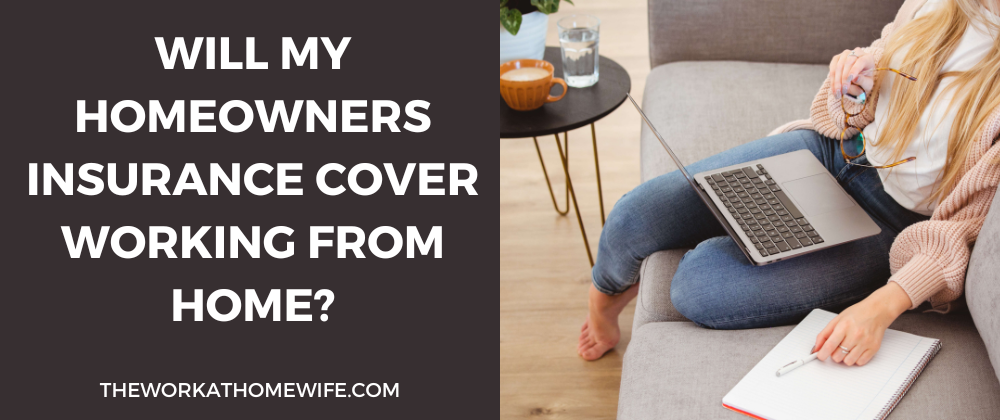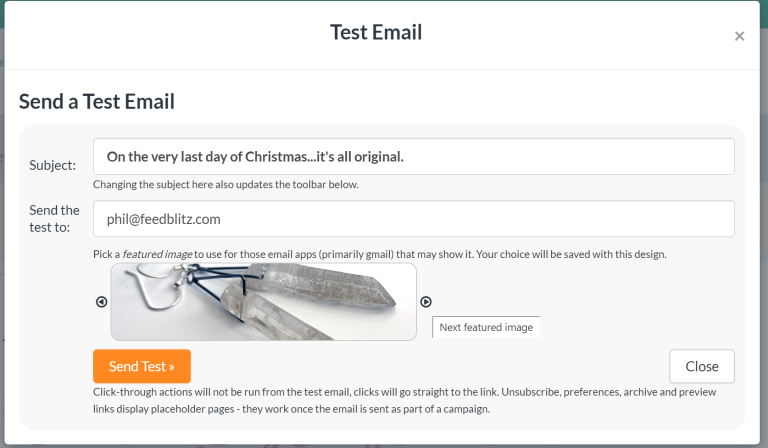Working from home has become more common over the years, allowing workers to save time and money with a home office. Flexibility and work–life balance also make working from home appealing. But, despite all its perks, working from home can affect your insurance plan, leaving potential coverage gaps.
Home insurance plans are designed to cover personal property and liability, meaning the policy has little to no coverage for business liability and property. So, how can you make sure you are fully covered? Let’s look at the details; by the end, you will be able to determine if your remote work is adequately covered.
Does working from home impact your insurance policy?
Working from home generally does have some impact on your homeowner’s or renter’s insurance policy. For instance, many home policies include exclusions for business activities. But some work-from-home situations—such as a full-time employee occasionally working remotely—has little impact.
Most home insurance plans include limited coverage for business equipment: up to $2,500 onsite coverage and $500 offsite coverage. The employer’s insurance plan, however, is typically the first policy used to cover losses.
However, some business risks, such as a childcare center in your home, are explicitly excluded from a homeowner’s plan and can directly interfere with your home insurance coverage.
Working from home to run a small or freelance business almost always affects your home insurance. A homeowner’s plan does not adequately cover your business risks. Although limited coverage can protect some business property, there is no coverage for business liability. So, if a customer is injured on your property, your home insurance policy will not cover the claim.
Also see: 10 Work-at-home insurance jobs
Do I need additional insurance to work from home?
You may need additional insurance as a remote employee if your homeowner’s plan does not have sufficient coverage. For example, if you need more than $2,500 of onsite business property coverage, you could increase coverage limits.
If you are an employee and not an independent contractor, you are most likely covered under your employer’s insurance plan for business property and workers’ compensation and likely do not need additional coverage. For instance, if your work laptop were damaged in a fire, then your employer’s commercial property would cover the cost of the damaged laptop.
Additional coverage is needed if working from home is related to your own independent business. Since homeowner insurance policies typically exclude risks caused by businesses, you would need to add an endorsement or a home-based business policy or purchase a separate business owner’s insurance policy.
Last, if your job involves driving, you will want to review your personal auto insurance policy as most insurance providers won’t cover accidents while the vehicle is being used for business use.
Can I deduct home insurance if I work from home?
Home insurance is a deductible expense from your taxes if you are not a W-2 employee. Your home insurance premium is deductible if you operate a small business from your home. Small home businesses can claim home insurance as a business expense under the home office deduction.
Home insurance premiums are deducted based on the percentage of your home used for your business. So, if your business uses 50{6c4f10cab50a46b63425e915a3b32a252b20e15cfb3b21d076e7c5437b6ee37b} of the house, 50{6c4f10cab50a46b63425e915a3b32a252b20e15cfb3b21d076e7c5437b6ee37b} of the premium is a deductible business expense.
What insurance do I need to run a business from home?
The type of insurance you need to run a business from your home depends on the scope of your business. For example, if you are a self-employed independent contractor with no onsite visitors or employees, a simple endorsement added to your homeowner’s policy is enough. For example, the business property endorsement increases the coverage for business property on and off premises. And a business pursuits endorsement adds liability coverage for the occasional client or visitor who comes onsite for business purposes.
A home-based business insurance policy is the next level of coverage for a home business and is great for businesses with a few employees, occasional onsite clients, or delivery personnel. This insurance plan is added to a home insurance plan as a rider and increases business coverage beyond liability and property. For instance, it also covers
- technology
- home office equipment
- important documents
- lost income for business interruptions
A business owner’s policy (BOP) or small business insurance is a stand-alone policy that covers businesses run out of personal homes. A business owner’s policy is the most comprehensive coverage option compared to an endorsement or home-based business insurance rider. A BOP is written separately from the homeowner’s policy and includes business liability insurance and business property insurance.
Do I have to tell my insurer I am working from home?
If the work you do from home is for your business, either as an independent contractor or small business owner, you need to inform your insurer. Your homeowner’s policy does not cover any business-related liabilities or incidents. First, you would need to check that your business operations don’t interfere with your home insurance, and then you would need to acquire coverage for your business.
However, in some work-from-home scenarios, you won’t need to inform your insurer that you are working from home. For example, an employee who occasionally works from home probably doesn’t need to notify their insurer.
Nevertheless, it may be a good idea to contact your insurance company if you think your line of work brings risks to your personal property that may be excluded or present a conflict of coverage. For instance, a fire caused in your home due to business activity may not be covered under your home insurance plan. So, if you are concerned about coverage, it always helps to contact your insurer to verify you are fully protected.










